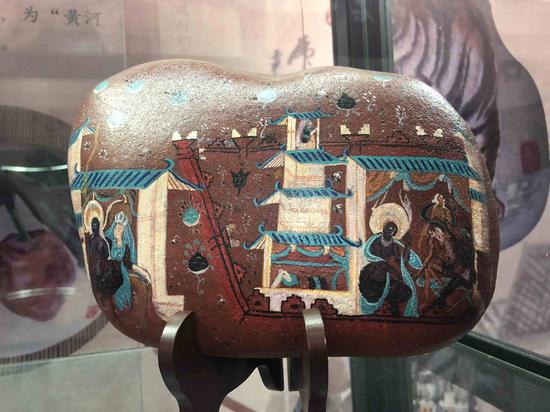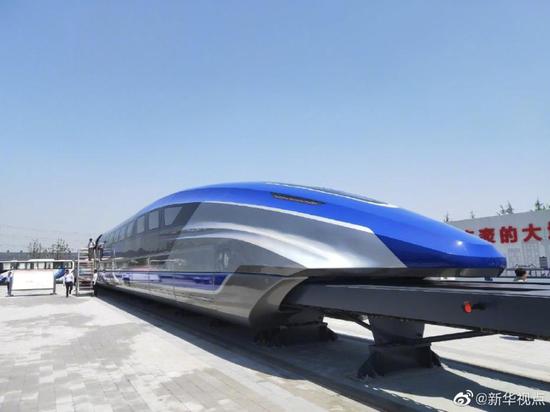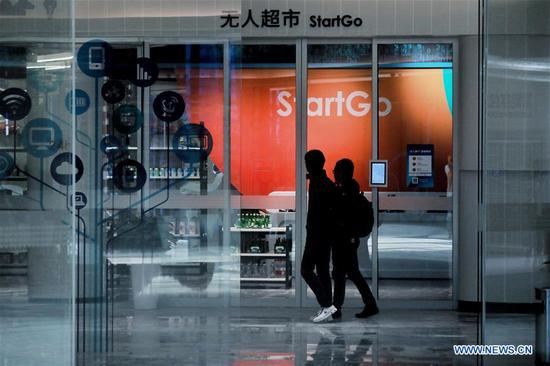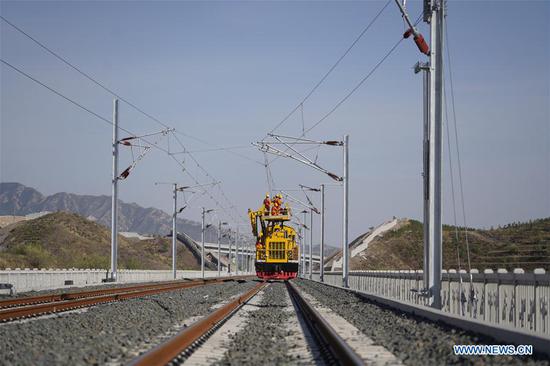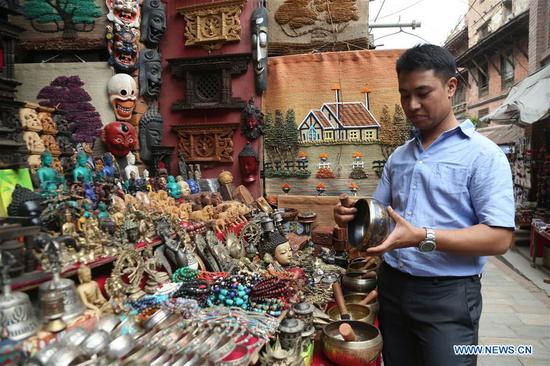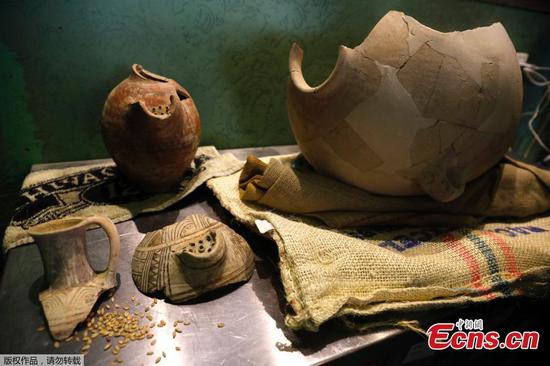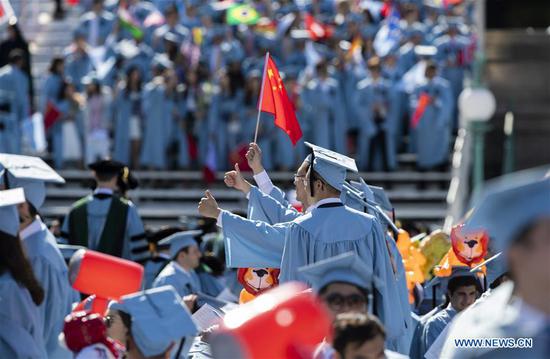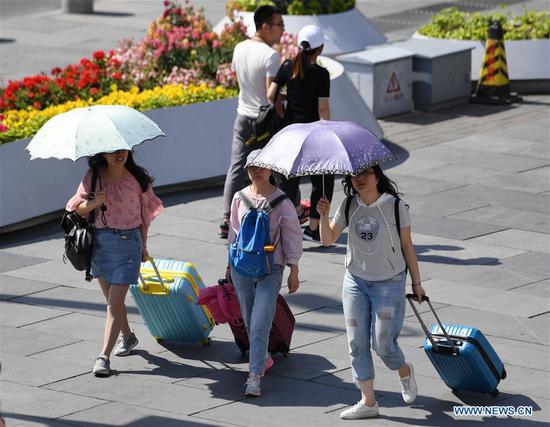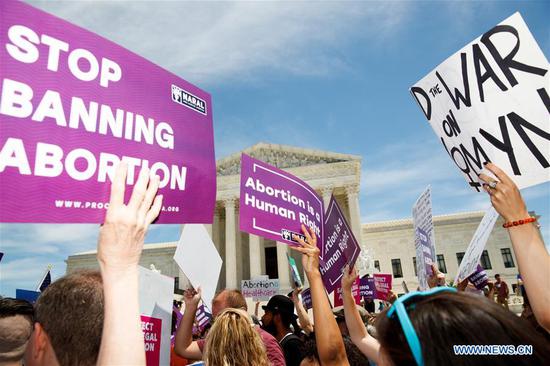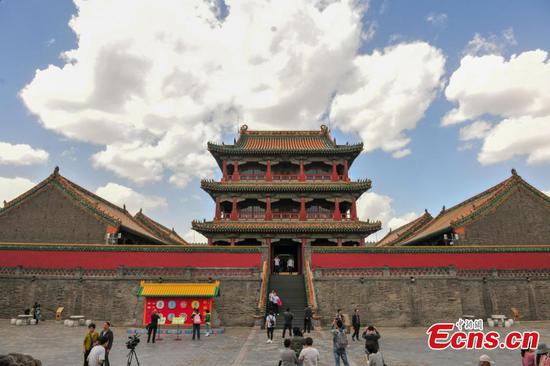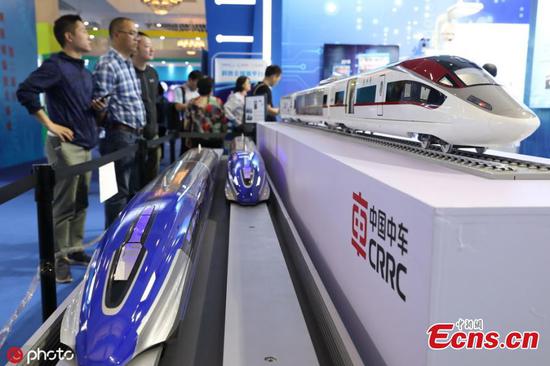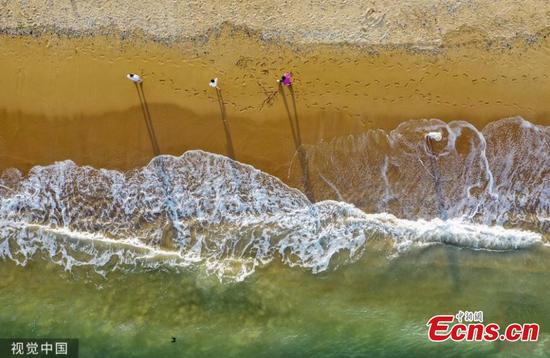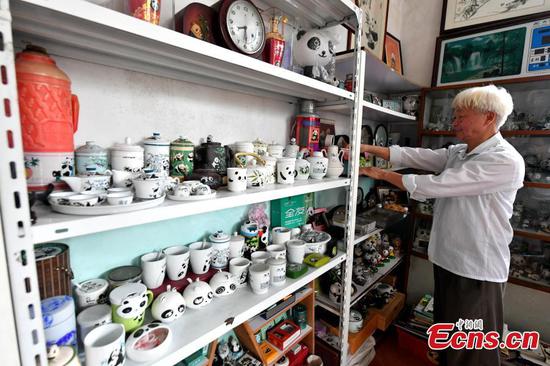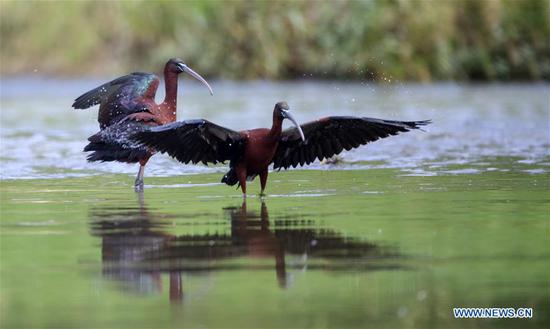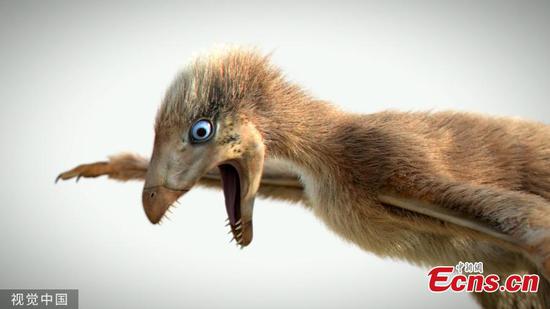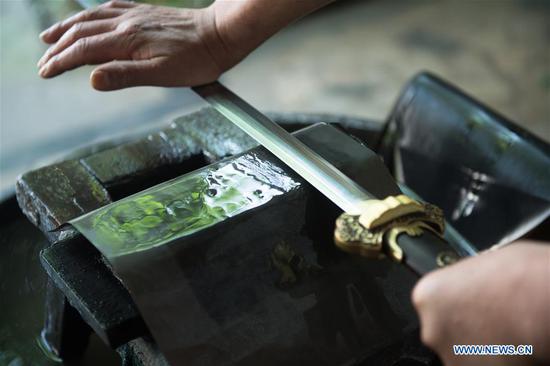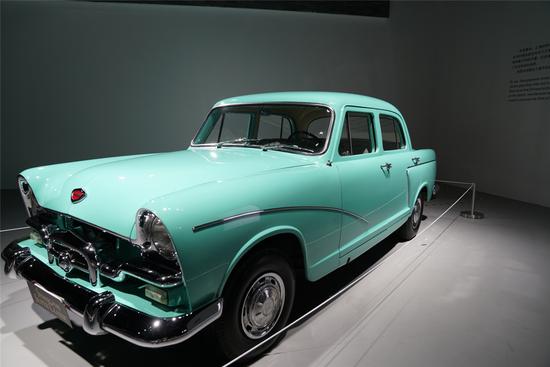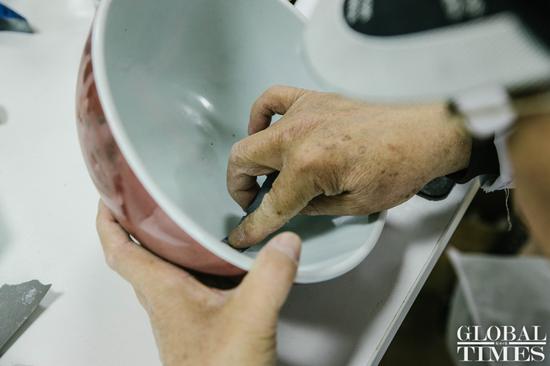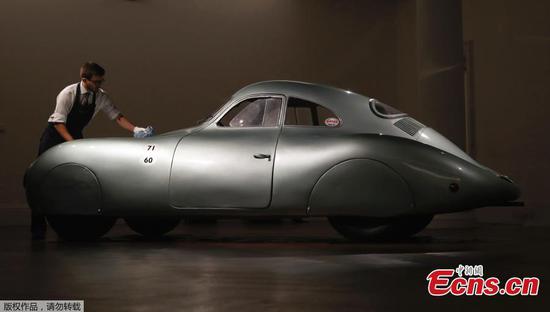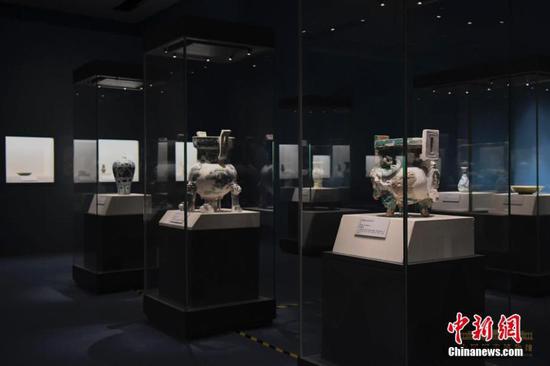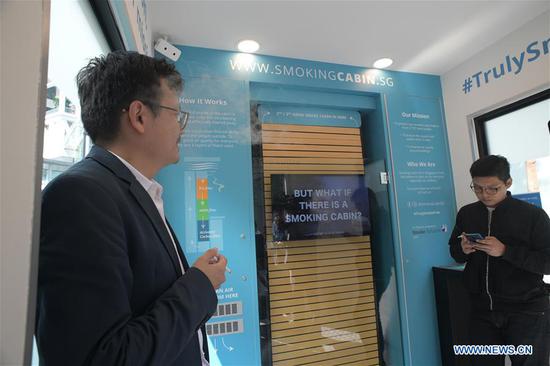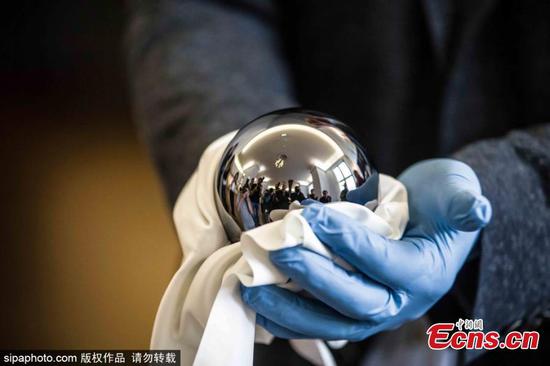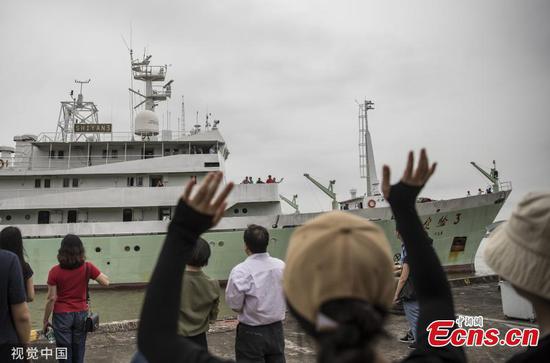Cambridge-based chip designer ARM has severed ties with Chinese technology giant Huawei in order to comply with United States sanctions.
It is the latest blow to the telecommunications company's business and could have an impact on Huawei's ability to make new chips for its future smartphones.
The Chinese company is the world's second-largest seller of smartphones and its largest maker of telecommunications equipment.
ARM, which is owned by Japan's Softbank, said in a statement: "ARM is complying with the latest restrictions set forth by the U.S. government and is having ongoing conversations with the appropriate U.S. government agencies to ensure we remain compliant."
The British company, whose mobile chip technology is used by countless handset makers, said it values its "relationship with our longtime partner HiSilicon (Huawei's chipmaking arm) and we are hopeful for a swift resolution on this matter".
According to a Huawei statement reported by the BBC, the company said it valued its close relationship with its partners but recognized the pressure some of them were under "as a result of politically motivated decisions".
The statement continued: "We are confident this regrettable situation can be resolved and our priority remains to continue to deliver world-class technology and products to our customers around the world."
Japan's Panasonic has also said it will halt some deals with Huawei to comply with the U.S. restrictions on the company. Panasonic said it will continue with business with Huawei that is not in breach of the U.S. regulations.
The U.S. has claimed Huawei is a security threat and accused it of spying on behalf of China, allegations that Huawei has strenuously denied.
Earlier this month, Huawei confirmed its plans to build and operate an optical device research and development base in Cambridge, near ARM's headquarters, within the next five years.
Meanwhile, Chen Wen, the charge d'affairs at China's UK embassy in London, told the BBC's World at One program there will be "substantial" repercussions on China's investment in the UK if Huawei ends up being banned from participating in Britain's 5G network.
Chen said Beijing had already "witnessed some conscious moves" in that direction.
"The message is not going to be very positive," she said. "Is UK still open? Is UK still extending a welcoming arm to other Chinese investors?"
Chen added that Beijing would never force a Chinese company operating abroad to provide information to its intelligence agencies.









